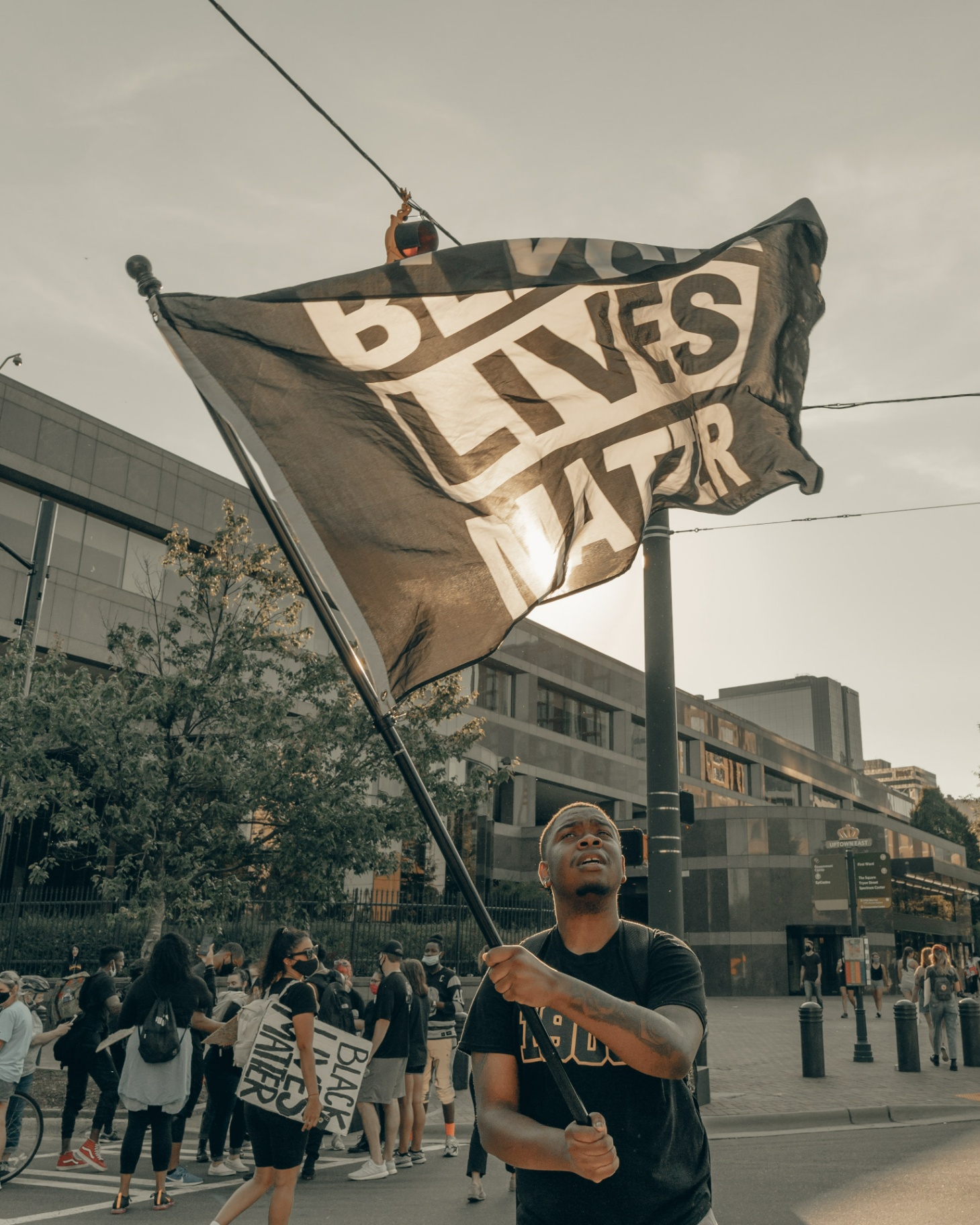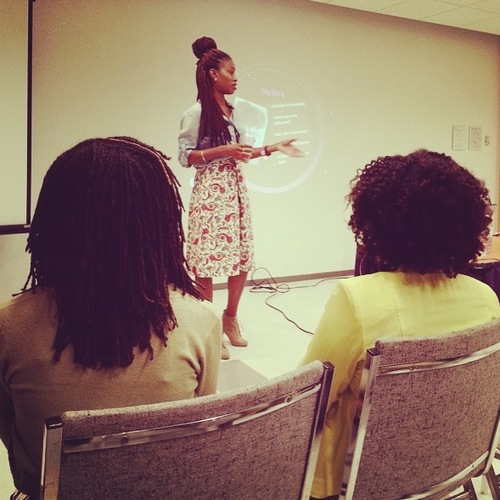Acknowledging Black History Month

February marks the date for many holidays and occasions. Some of these could be Groundhog Day, Valentines Day, Family Day, and other celebrations as well. Alongside those February also marks Black History Month, which is a very important time in the Black and African American/Canadian communities to gain knowledge, and acknowledge their own culture. Which is not always available throughout the year.
This acknowledgement of Black history and culture is not exclusively for the Black community though, and there are many ways others can support Black history right now and in the future! Some ways of doing this may be by expanding your knowledge on various topics, asking important questions and by not excluding anyone!
Expanding Your Knowledge
There are various ways to gain insight into Black history and culture, especially now with the whole world at our fingertips. If we want to gain knowledge on a specific topic it is quick and convenient to do an internet search to find out what we are wondering. But for more in depth information you can also expand your knowledge by listening to speakers, and also by reading books about various topics.
Canada is known for being extremely diverse, and with this there are a lot of great speakers that speak about Black history, and being black in a western culture that some may find useful. It can be beneficial compared to reading a book because the speaker is speaking live, and there might be an opportunity to ask questions at the end.
 Image obtained from https://www.beequammie.com/
Image obtained from https://www.beequammie.com/Two local speakers are Sandy Hudson, and Bee Quammie. Sandy is a Political Activist and founder of the Black Lives Matter movement in Toronto, and also co-founded the Black Legal Action Center. She has great speeches about equality and racism that are available online to those that are interested. Bee Quammie is another speaker, who is a Black mental health expert and Journalist. She has covered topics ranging from mental health to diversity and resilience. Both speakers cover great topics, and would be great additions for expanding your knowledge in African Canadian culture.
Aside from speakers there are also some great books that tug at the heartstrings while also providing a great heap of knowledge. Some of these include No Bootstraps when You’re Barefoot by Wes Hal, Finding me by Viola Davis, and Black Cake by Charmaine Wilkerson, to name a few.
Asking Important Questions
A step that is crucial to all forms of learning is asking questions. Some may find it hard to ask the right questions, or simply refrain from asking questions overall. Black History Month though, is definitely a time to feel comfortable with asking important questions.
 Feeling uneasy asking someone questions about their culture is natural, as people do not want to appear ignorant, annoying or even racist. But doing this helps to further our knowledge.
Feeling uneasy asking someone questions about their culture is natural, as people do not want to appear ignorant, annoying or even racist. But doing this helps to further our knowledge.
There are many respectful and considerate ways to ask someone a question; you can begin by stating: “If you don’t mind me asking…”, that way you are acknowledging that they do not have to answer. You can also end with “… you do not need to answer if you are not comfortable.”, which acknowledges that the question may be difficult to answer. Alongside those explanations, these additions also demonstrate compassion and respect towards the person for being a part of your conversation.
It is important to note that many marginalized groups of people would appreciate someone trying to learn more about their culture and religion, and people may be happy to answer! On the other hand others may not feel comfortable speaking about a specific topic, and that is completely okay too! There are many other tools available to get the knowledge you may want to ask about.
Remembering
While this month is labelled Black History Month, it is important to reflect on what was learned throughout the year. Which includes Black individuals’ history, struggles, and successes they have accomplished throughout the years. Therefore, February is not the only month to acknowledge Black History and excellence.
Alongside that it is also important to remember there are other marginalized groups as well. Including the different tribes and groups of the Indigenous, Inuit and Metis people, members of the LGBTQ2+, Muslim individuals, and many other people of colour. While this month is centred around Black individuals, we should always be treating marginalized people with compassion, respect and equity.
Written by Lorequé Fearon, a third year Psychology student at the Univresity of Guelph-Humber in Toronto completing a psychotherapy internship at New Moon Psychotherapy.

